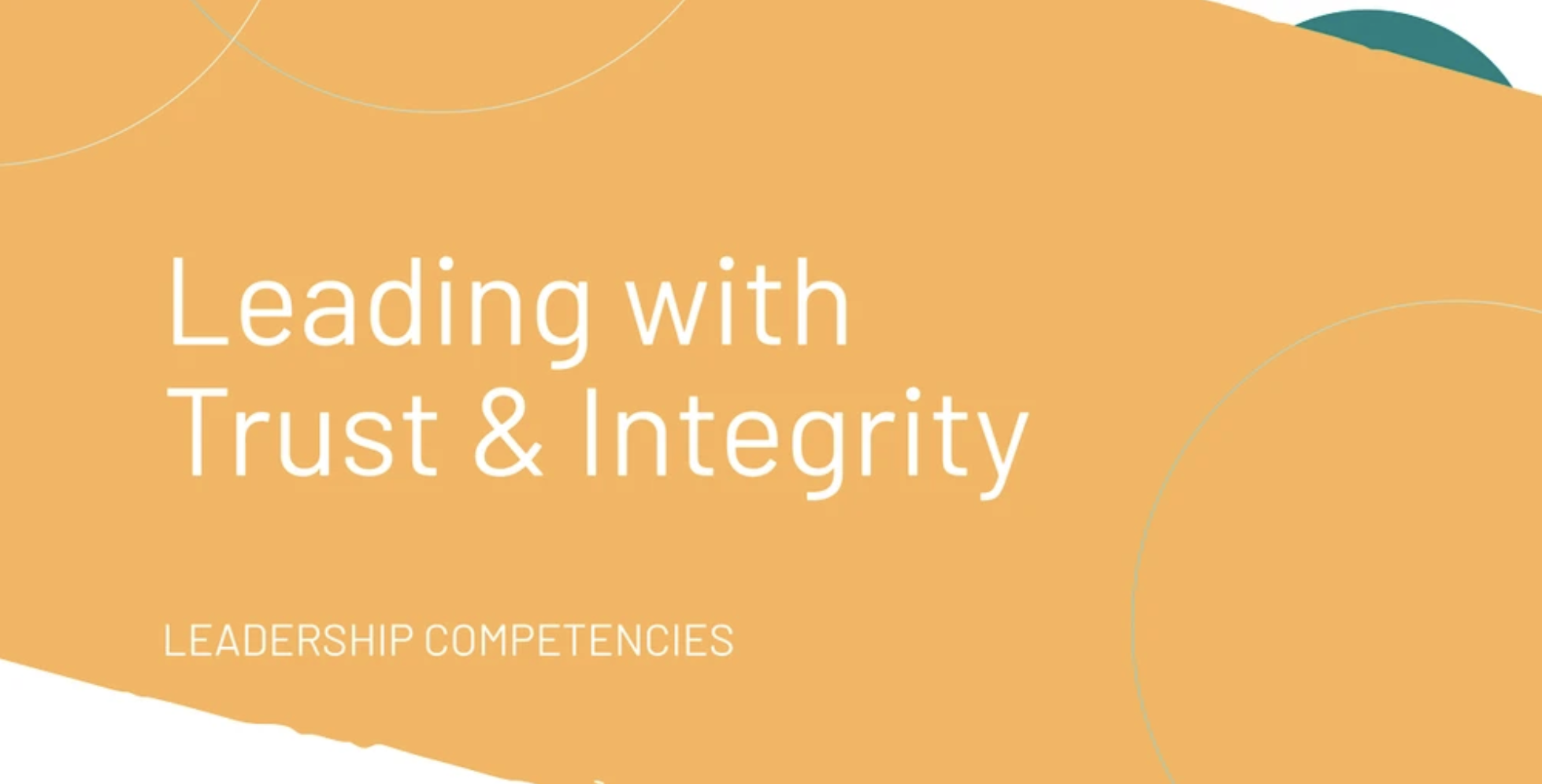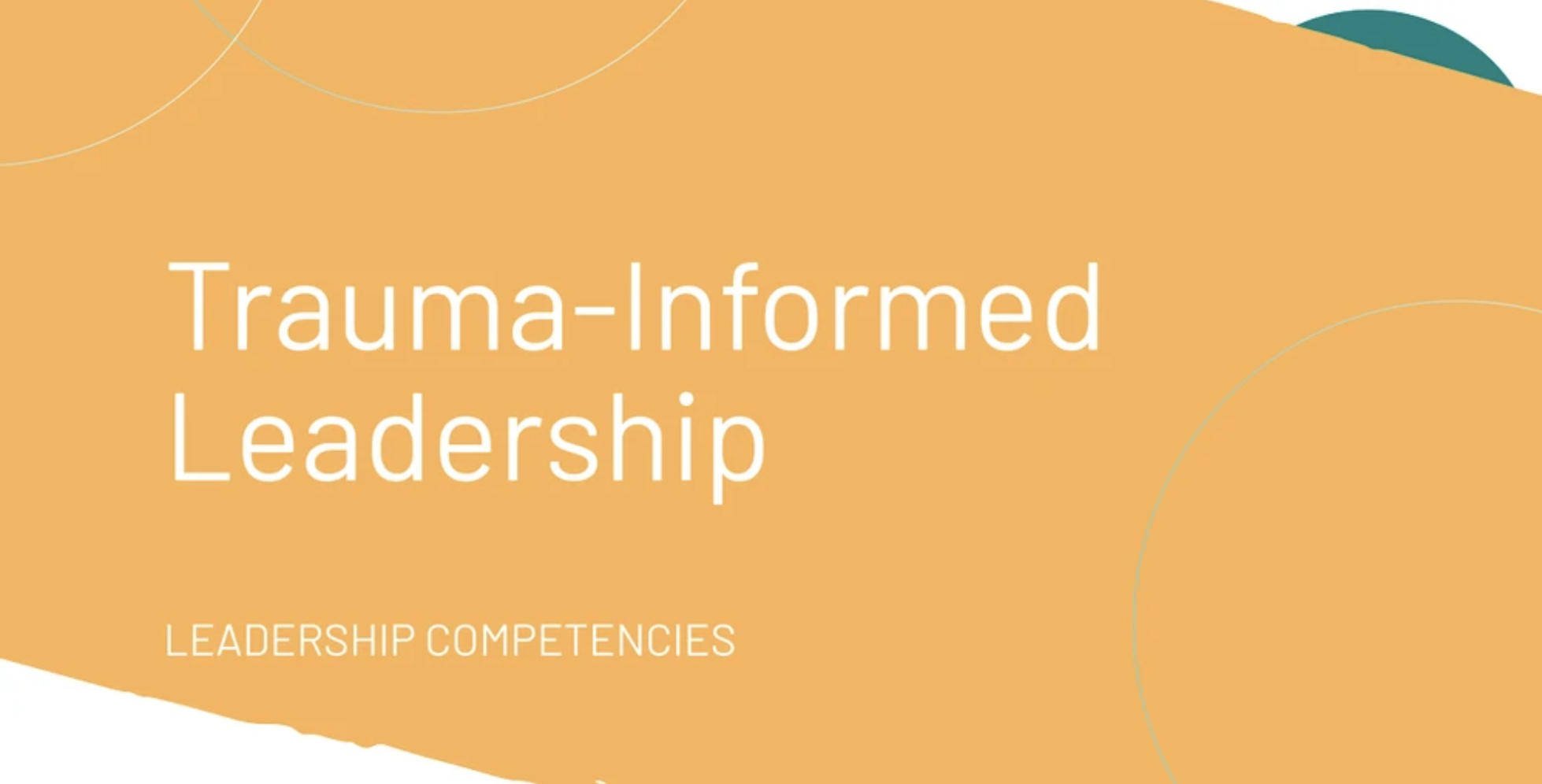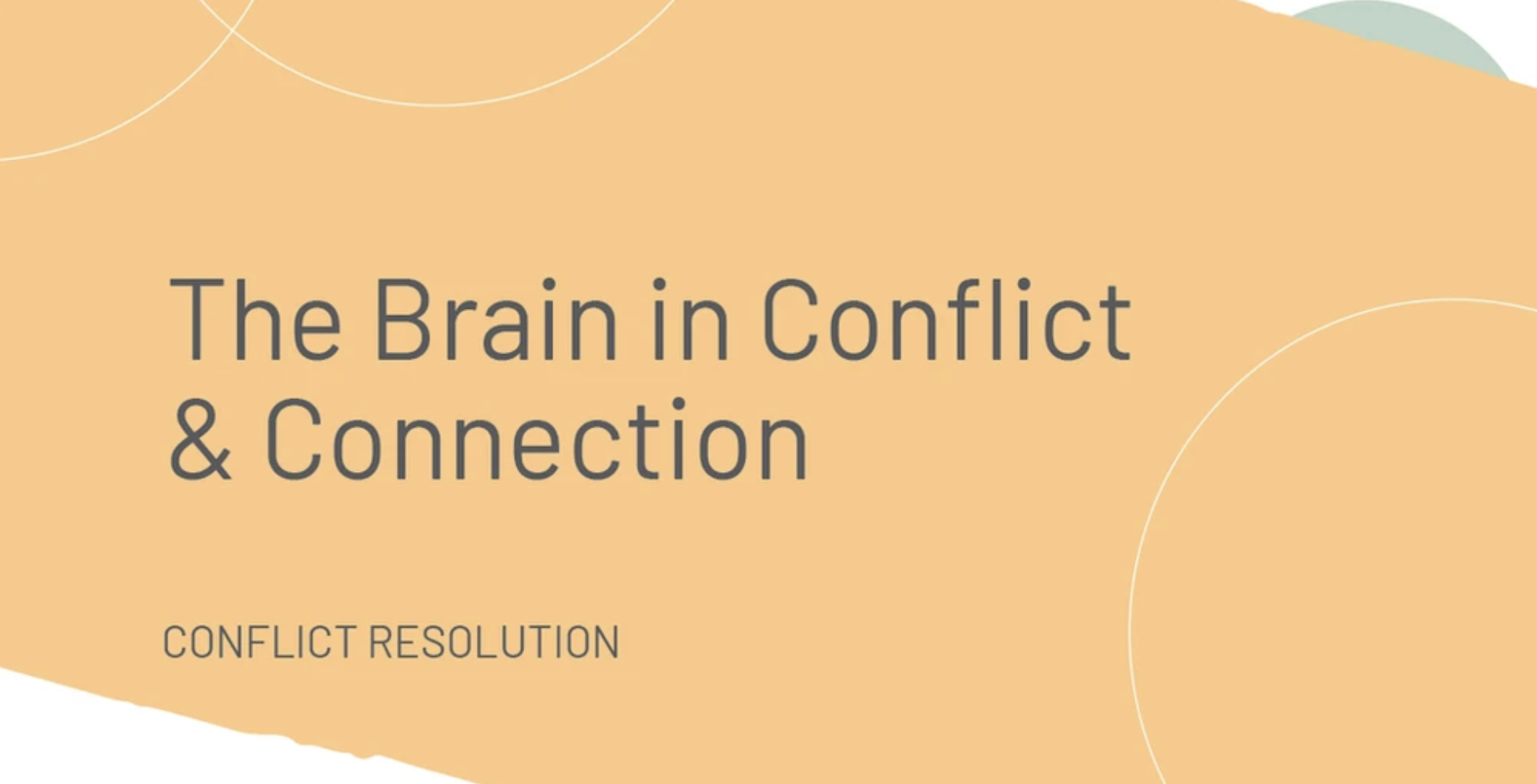Workplace Peace Institute is on a mission to create highly engaged workplaces where dignity is consistently honored and experienced. The corporate culture development services and leadership development and training services support small to mid-sized businesses in optimizing employee engagement, maximizing organizational productivity, and improving profitability by infusing human security and dignity as foundational attributes of their business model. Our vision is a workplace in which people and organizations thrive.
Dr. Snyder teaches the following online courses with Workplace Peace Institute.

Research shows that trust and integrity are among the most powerful leadership traits in an organization. Stephen M. R. Covey, widely known as one of the world’s leading authorities on trust, asserts that it is “the most overlooked, misunderstood, underutilized asset to enable performance. Its impact, for good or bad, is dramatic and pervasive. It’s something you can’t escape.” In this course, participants will learn practical strategies, informed by research, that leaders can utilize to inspire and repair trust with integrity and produce tangible results. Participants will develop self-awareness around the importance of trust and integrity traits and behaviors among leaders; learn how to enhance workplace relationships and business outcomes through trust behaviors; and learn methods for restoring, repairing and maintaining trust.

We are living through an era of human history that is wrought with adversity, disruption, and change. Many of us have experienced the traumatic effects associated with disasters, loss, workplace and community violence, and civil unrest. Traumatic incidents can have a profound impact on teams and organizations. Trauma-informed leaders are able recognize the signs of traumatic stress and communicate compassionately in times of crisis, supporting those they lead in becoming more resilient. They can design workplace practices that support people throughout their coping and recovery processes. Course participants will learn how leaders can utilize trauma-informed approaches to support team-members who have been impacted by traumatic events, how to recognize the impact of individual and collective trauma in the workplace, and what leadership behaviors promote resiliency and recovery. In this course, you will learn how leaders can utilize trauma-informed approaches to support team members and teams who have been impacted by traumatic events, how to recognize the impact of individual and collective trauma in the workplace, and leadership behaviors that promote resiliency and recovery in the workplace.

“It is not what you say; it is how you say it.” The wrong approach to tough conversations can cause significant damage in both personal and professional relationships and can ultimately escalate conflict. This course utilizes proven techniques to teach you how to develop communication competence and navigate difficult situations confidently and purposefully. Learning the tactics to manage your own emotions during high-heat moments will help you to de-escalate tense situations, leading to constructive outcomes. Participants will develop self-awareness and self-regulation skills related to dealing with tough conversations, learn how to connect through deep listening, and acquire active listening skills to foster empathy and prevent and manage conflict.

A brain hijacked by conflict has the potential to wreak havoc on relationships and workgroups and can have a detrimental impact on productivity, collaboration, and innovation. To be able to de-escalate conflict and manage emotions, we need the tools to be able to recognize and navigate “the conflict brain.” This course will provide insight into the critical role the brain plays in conflict, emotion, collaboration, and connection. The relationship between the brain and decision making, empathy, problem solving, bias, and listening will be explored. Learn how instinctual responses can be tempered by connecting these important elements with useful strategies that can be applied to any conflict. Participants will develop self-awareness and self-regulation skills related to the brain and behavior, learn how to use brain science to foster a culture of connection, learn strategies to minimize the impact of bias in decision-making, and acquire skills to de-escalate destructive conflict and maximize constructive outcomes.

Workplace conflict has been known to interfere significantly with productivity and morale, and it creates a toxic environment that hinders innovation and decreases positive productivity. This online leadership training course will create awareness about the human and financial costs of workplace conflict and teach participants how to develop a conflict-competent approach to leadership. Participants will learn how to deal with highly conflictive personalities, build collaboration, increase emotional intelligence, and communicate in a style that gets results. Participants will develop self-awareness in the area of conflict engagement from a leadership perspective, learn what roles leaders play in conflict and how these roles impact work relationships, learn how to analyze conflict and apply the appropriate interventions, and learn the unique dynamics and common contributors of workplace conflict.

Leaders recognize the benefits that diversity brings to any community. Without inclusion and belonging, however, a diverse workplace cannot thrive. Leading researchers from Harvard, Purdue, and Duke have identified that the brain experiences exclusion in the same way that it does physical pain. Ignoring this basic, fundamental human need has widespread and damaging implications on workplace environments. Participants of this course will become aware of subtle individual and collective changes that can be made in order to maximize feelings of inclusion and belonging, as well as promote a workplace culture where creativity, performance, innovation, and collaboration thrive. Participants will learn how to apply the concepts of science of inclusion and belonging to enhance leadership skills, learn how to create cultures that foster inclusion and belonging, learn the important role that psychological safety and trust play in inclusion and high-trust behaviors, and learn the characteristics of in and outgroup behavior.